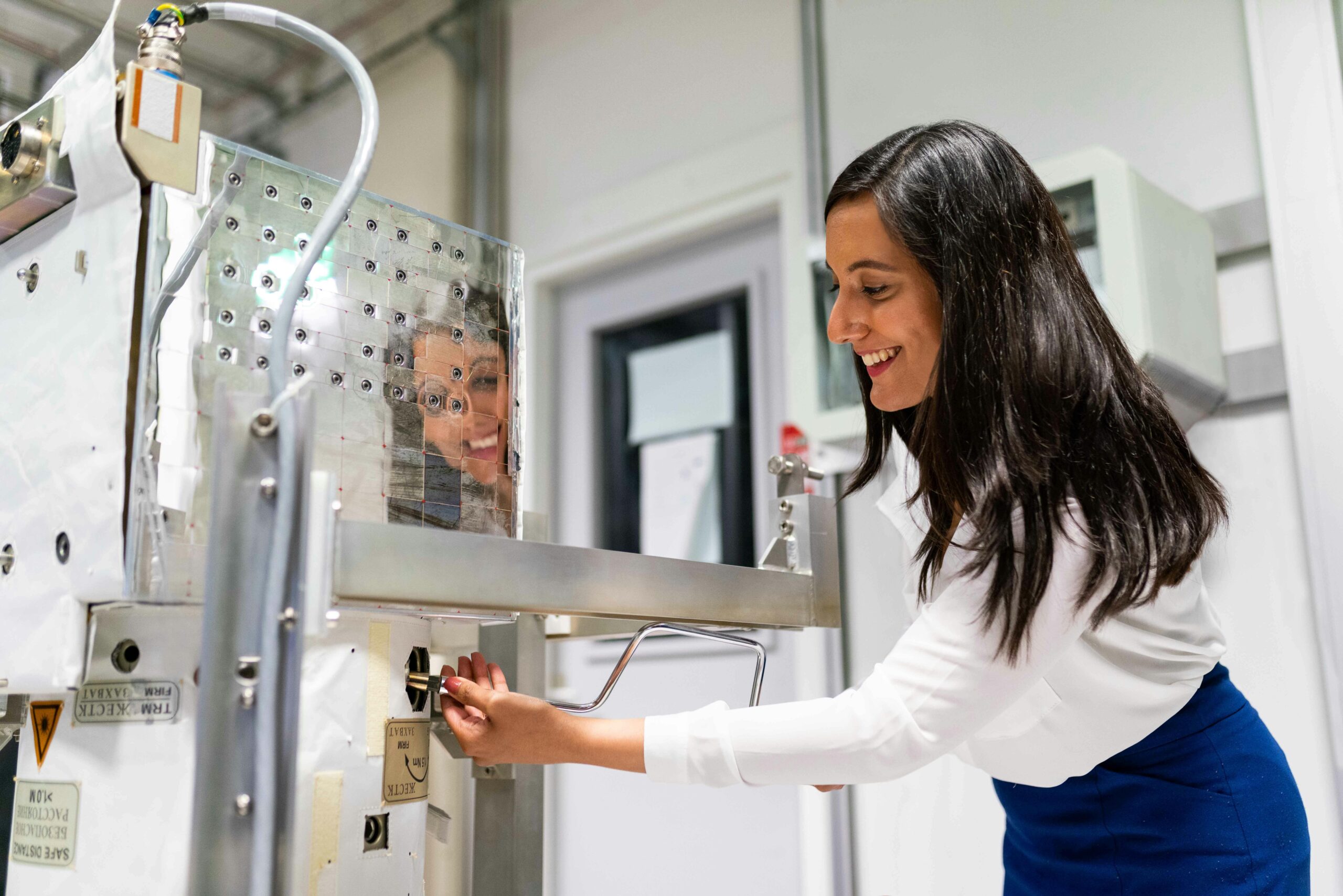
By now many of you may be familiar with the statistics concerning girls education globally. It is estimated 62 million girls around the world today are not in school, and millions more are fighting to stay there. According to a 2013 report there are 3 particular countries where there are more than 1 million girls not in school: Nigeria (almost 5.5 million), Pakistan (over 3 million) and Ethiopia (over 1 million).
The International Labor Organization estimates women make up 70% of the world’s poor, and 65% of the world’s illiterate population. Much of this is tied in with the fundamental problem of lack of access to education. When girls are allowed to go to school uninhibited (along with boys) they are more likely to earn higher wages, escape being caught in cycles of poverty, and help contribute to the economy.
In Nigeria, a country which has been ravaged by attacks by the hands of terrorist group Boko Haram, especially in the North, a renewed focus on giving girls access to education is swelling and has been a key issues ever since the kidnapping of nearly 300 girls by the extremists in 2014.

In fact 8 states in the north report a high rate of lack of education, health problems, child marriage, maternal death, female illiteracy, and under 15 child-bearing, according to the Africa Health, Human and Social Development Information Service. With an education, a young girl is more likely to escape poverty and have better health by marrying later and bearing children at a later stage.
With the launch of the UN’s Sustainable Development Goals in 2015 identifying how education and economic equality are going to be core elements of helping member states alleviate poverty around the world by 2030, we are heartened to see education initiatives being introduced in areas where they are most needed.
The state of Sokoto in Nigeria’s north has teamed up with UNICEF and has been training 830 teachers to become powerful role models for girls rural communities. This is part of a bigger initiative, Girls Education Project (GEP3) on the organization’s behalf where they plan on enrolling 1 million girls in total in school across 5 Northern Nigerian states including Niger, Katsina, Sokoto, Zamfara and Bauchi.

“The overall goal of the Girl Education Project is to improve social and economic opportunity for girls by attracting more girls in target states in northern Nigeria,” said Chief Field Office UNICEF Kaduna, Mr Utpal Moitra, in regard to the initiative.
Teachers are being recruited under the Female Train the Trainee scheme, and the idea is to find teachers who are already based within the rural areas and stay there to educate the next generation. There is also a reason why they are specifically looking for female teachers.
“We have discovered that among the reasons behind girls dropping out of school children are poverty, religious misconception, ignorance, cultural beliefs and insecurity. Parents are afraid of sending their girl children to school because of fear that they may be molested by male teachers,” said Maryam Usman Na’ibi, a Consultant overseeing the implementation of the project.
“So in order to reassure communities holding such misconceptions, we decided to train female teachers from among themselves who will in turn take the lead in teaching children from their localities,” she added.

The Sokoto government together with UNICEF are offering mothers and caregivers 5000 Naira a month (roughly $25 USD) as a cash incentive for them to continue sending their girls to school and help them purchase books and other supplies.
The teachers in training will have their own studies paid for under the program and have the opportunity to work for the state civil service afterward.
The majority of teachers (600) will be paid by the Sokoto government, and UNICEF will pick up the tab for the rest.
We feel it is important to highlight programs like this in the hope that it will inspire copycat initiatives. With the growing threat of extremist terrorist groups across Nigeria and other countries in Africa, the sad truth is that girls and women are often the first who suffer. When girls are given the right to earn an education and set themselves up for a prosperous future, it is not just them that benefit, entire communities and economies are better off when women and girls participate.
We hope the UNICEF 1 million girls in school goal will not just be met, but exceeded.


















One thought on “More Than 800 Teachers Being Trained As Education Role Models For Girls In Rural Nigeria”